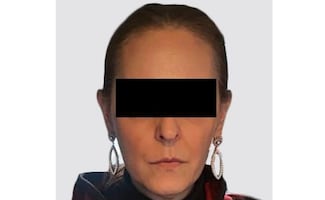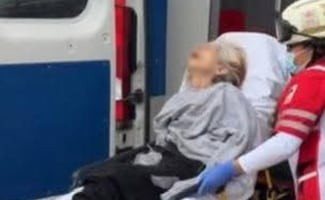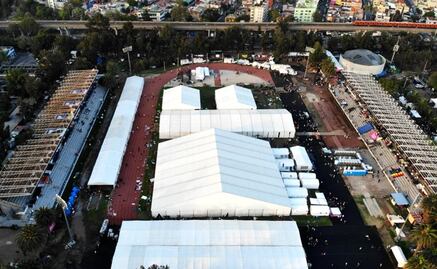Más Información

UIF respalda sanciones de EU contra el Cártel de Santa Rosa de Lima; fortalece esfuerzos conjuntos para reducir criminalidad, destaca
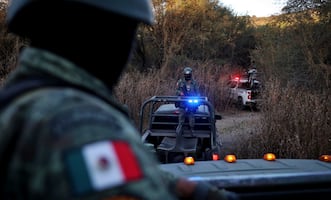
"El Marro" y el Cártel de Santa Rosa de Lima, era objetivo prioritario del gobierno de AMLO, ahora, el de EU

Sheinbaum nombra a Esthela Damián Peralta como consejera jurídica de Presidencia; sustituirá a Ernestina Godoy
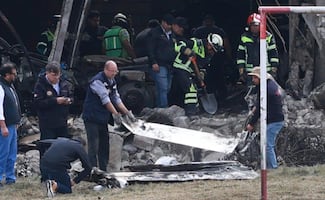
Hallan caja negra del jet privado que se desplomó en Toluca; Agencia Federal de Aeronáutica Civil se encargará de extraer información
Zaachila Isabel Orozco-McCormick,
a Mexican-American activist and volunteer talked to EL UNIVERSAL about her work with No More Deaths, a non-profit organization that provides water and canned food to migrants .
Zaachila
explains that “For me, humanitarian help , in general, is like a sacred act and carrying out in places such as the Arizona desert , in the border , where dozens of migrants stop by, is a survival act for the desert to stop being a cemetery for many of them.”
Zaachila
and three other women: Natalie Hoffman, Oona Holcomb, and Madeline Huse were found guilty of accessing a wildlife refuge in the south of the Arizona desert without permission in August 2017.
“We only took water and canned food to try to save the lives of those who cross (the border ), especially during the summer, with the high temperatures in the desert and now they are treating us like criminals ,” she says.
On January 18, judge Bernardo Velásquez found them guilty for having accessing a restricted federal area known as Cabeza Prieta , putting the wildlife at risk , and “ polluting ” the area by leaving water jugs and canned food at the site.
.
The activist explained the reasons behind her work and said that “water is essential to survive and it worries me that hundreds of people die because of the high temperatures in the desert. I decided to participate to provide humanitarian aid because of how proud I am of my Mexican heritage but also because I am a human being that wants to help those in need,” she wrote in a letter.
For many, this has become a political issue . “It is clear, as citizens and as a civil organization , that it is political because our humanitarian aid goes against the political and electoral proposal of President Donald Trump to build a wall in the border,” said Zaachila.
.
The young woman hoped she wouldn't be imprisoned. “It would be incredible if we were imprisoned for providing humanitarian aid , although this accusation is being centered around a violation that has to do with a protected area , we didn't cause any damage, no destruction,” she claimed. “In the area where we were, there are traces of trucks from the Border Patrol that drive by constantly and we also saw what seemed to be military tests , it is ridiculous that they are doing this to us."
Although their "crimes" are misdemeanors and they could have been sentenced to up to a year in prison and be fined USD $500 each, they were sentenced to a 15 months probation on March 1 and they were widely supported by the community and other organizations.
gm
Noticias según tus intereses
[Publicidad]
[Publicidad]






